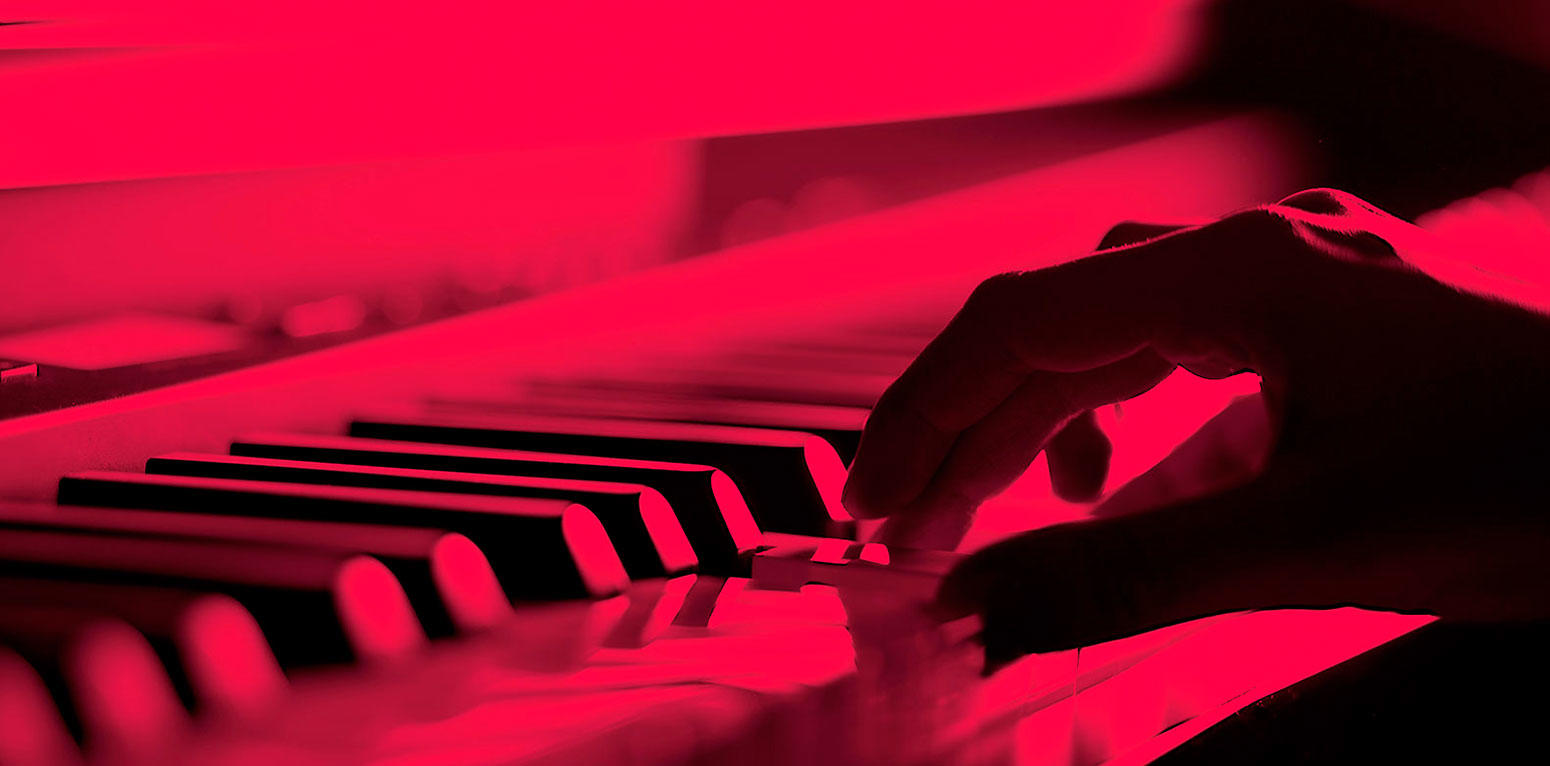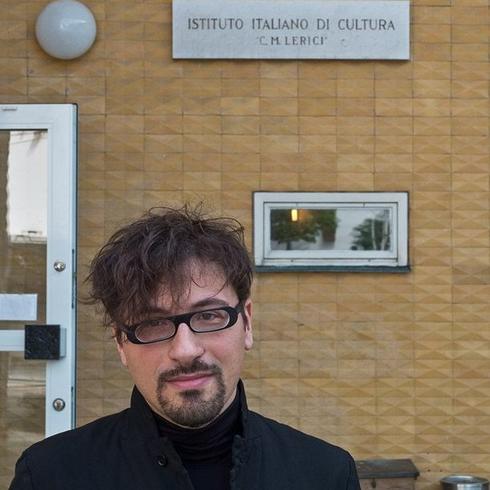
" Tre Quadri (2020) "
Concerto pour piano et orchestre
Ed. Casa Ricordi
SELECTION 2021
- Nominated for : The Musical Composition Prize 2021
Written in 2020, the works that comprise Tre Quadri form a concerto for piano and classical orchestra, featuring a broad first movement whose character is unstable, followed by a central andante whose gait is nearly suspended, and winding up with an allegro in the form of a scherzo.
I – November
[…] From the high, crystalline registers of the piano, irregularly following a descending chromatic scale, the low and deep registers of the orchestra are uncovered; from the imperceptible pianissimos of the strings in tremolo on the bridge, we reach through gradual crescendos a reiterating of dissonant chords in fortissimo featuring all the instruments. The title of this work probably owes something to the autumnal reflections painted by the orchestra, a poem by Edoardo Sanguineti and another by Nanni Balestrini, All Saints and All Souls days, the rain, and red wine.
Co-commissioned by Milano Musica, Casa da Música of Porto, the Warsaw Autumn International Festival of Contemporary Music.
This piece is dedicated to Maurizio Baglini and Tito Ceccherini.
II – Berceuse
In a lulling 7/8 movement, the construction of this short piece is entirely based on the addition of the twelve major scales. […] The piece does not move from where it starts. A single light green varnish, transparent and glossy, covers everything, while allowing evidently Chopinesque streaks to filter through. With this process, I wanted to shed a different light on a tonal piece (being at the same time serial, “dodecaphonic” and modal). In this sense, for me the piece is a variation on intents and vision of tradition.
This piece is dedicated to Jiji des Corsicarlins.
III – Quasi una Bagatella
How to approach a tribute to two of the greatest composers of all time?
I’ve already tried to answer this question by orchestrating several works for organ by Johann Sebastian Bach, in Killing Bach. My aim was to underscore Bach’s building When Patrick Hahn and Francois-Xavier Roth asked me to do something based on Beethoven’s Piano
Concerto No. 5, popularly known as the Emperor Concerto, I realized almost immediately that this would
not be an operation in any way analogous: Bach builds, Beethoven destroys.
How could I destroy a destroyer?
I worked on the problem, narrowed it down to the bare bones. I didn’t have to dig very far, though. The material used by Beethoven boils down to scales and arpeggios. So, that’s where I began. I wanted to put them up for discussion, in a way different from the original, but with the same inspiration.
Unlike Killing Bach, where the direct quotes were born before the treatment, the references to the original concerto fit in with an architecture made up of practically archetypal scales and arpeggios. From the title (which mocks Fantasia quasi Sonata, as well as Sonata quasi una Fantasia) to the piano techniques applied, I also somewhat comically snuck in some early Franz Liszt, Beethoven’s first great prophet.
This piece was commissioned by Gürzenich-Orchester Köln.
Francesco Filidei

